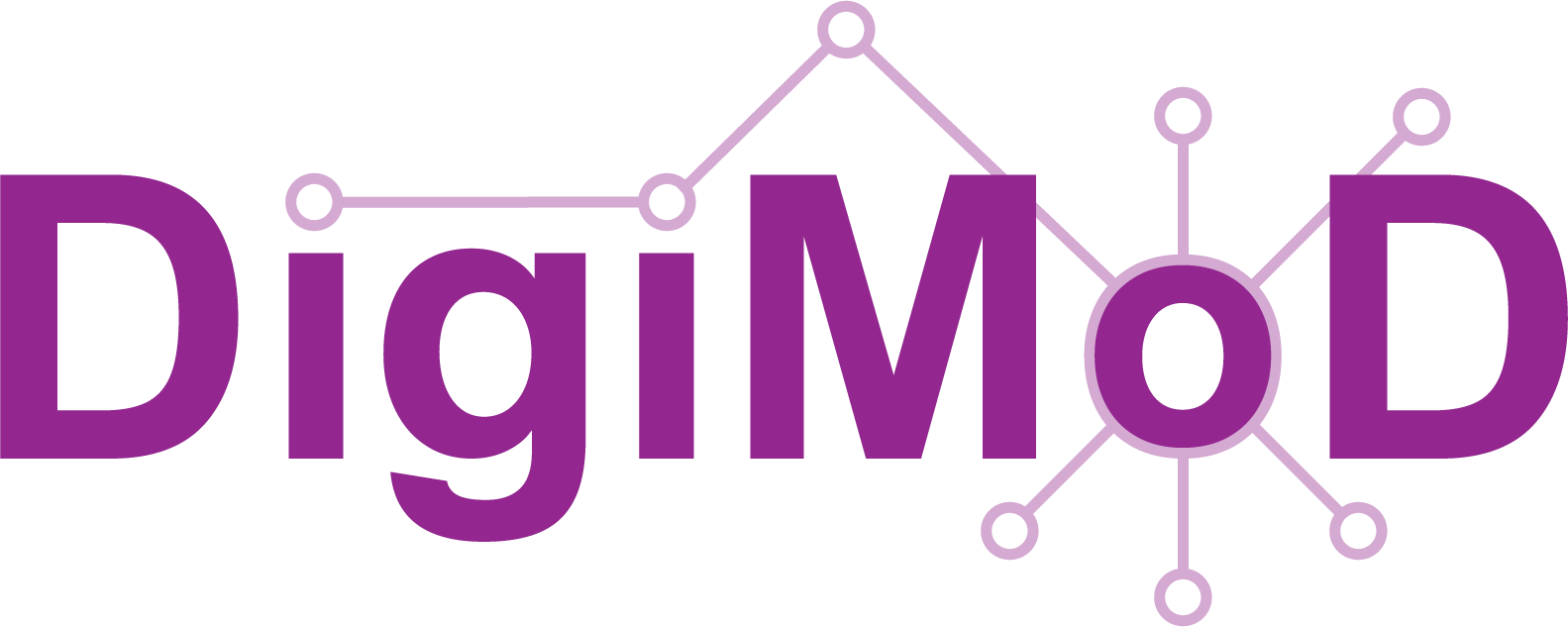November 14th a collaborative article Mapping a Dark Space: Challenges in Sampling and Classifying Non-Institutionalized Actors on Telegram with two members of our team was published in the journal Medien & Kommunikationswissenschaft!
Written by Pablo Jost (Ludwig-Maximilians-University of Munich), Annett Heft (Free University of Berlin), Kilian Buehling (Free University of Berlin), Maximilian Zehring (Ilmenau Technical University), Heidi Schulze (Ludwig-Maximilians-University of Munich), Hendrik Bitzmann, and Emese Domahidi (Ilmenau Technical University). The article Mapping a Dark Space: Challenges in Sampling and Classifying Non-Institutionalized Actors on Telegram, is a literature review on the issues present in recent research on Telegram. As the application offers valuable data access to research on non-institutionalized activism, researchers face unique theoretical and methodological challenges in systematically defining, selecting, sampling, and classifying relevant actors and content. In addressing these issues, the article focuses on the methodological challenges of sampling and classifying heterogeneous groups of (often non-institutionalized) actors.
The full paper is available as an open access publication. The paper, “Mapping a Dark Space: Challenges in Sampling and Classifying Non-Institutionalized Actors on Telegram” was published in the journal Medien & Kommunikationswissenschaft and can be found here: https://doi.org/10.5771/1615-634X-2023-3-4-212.
